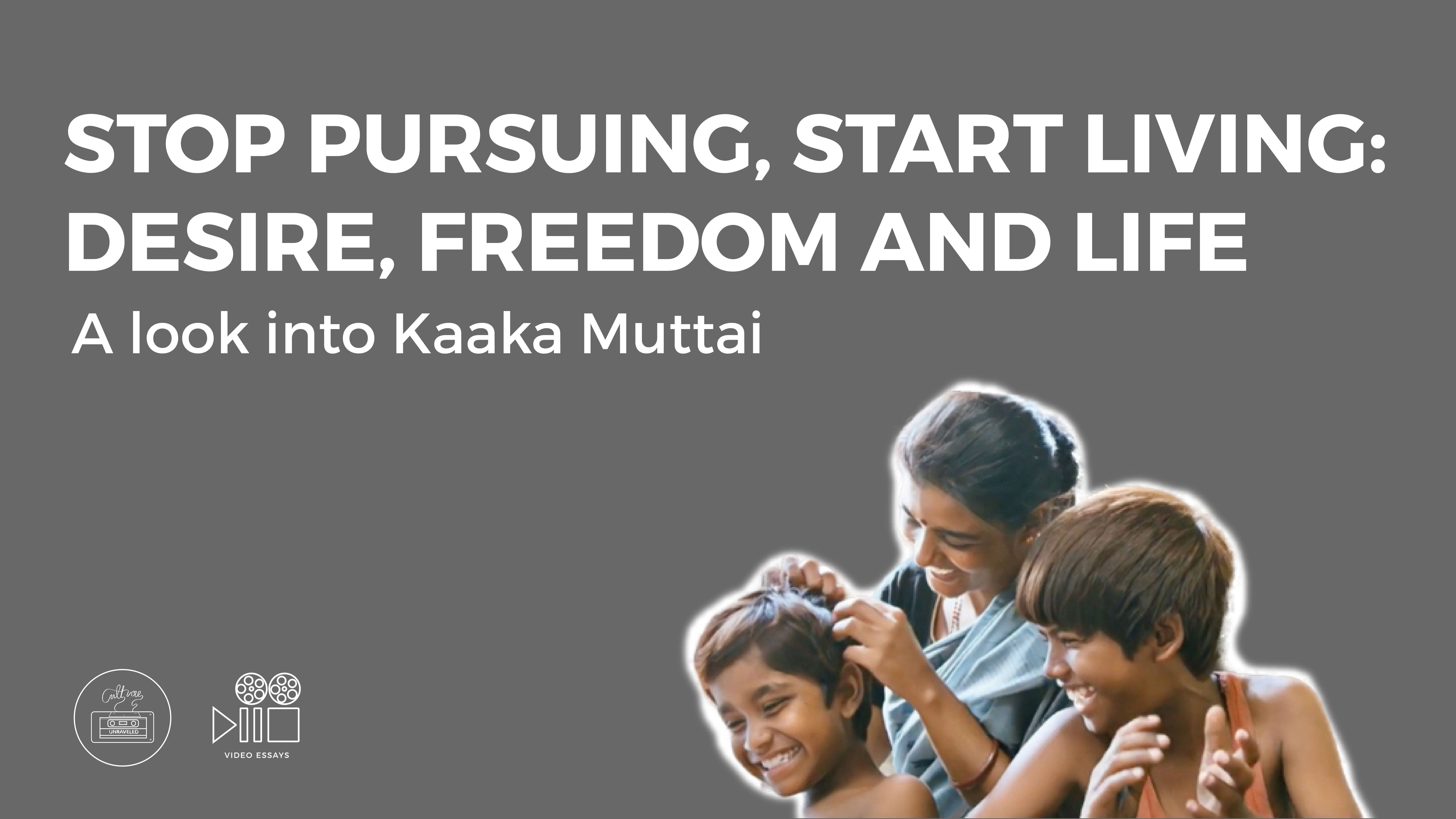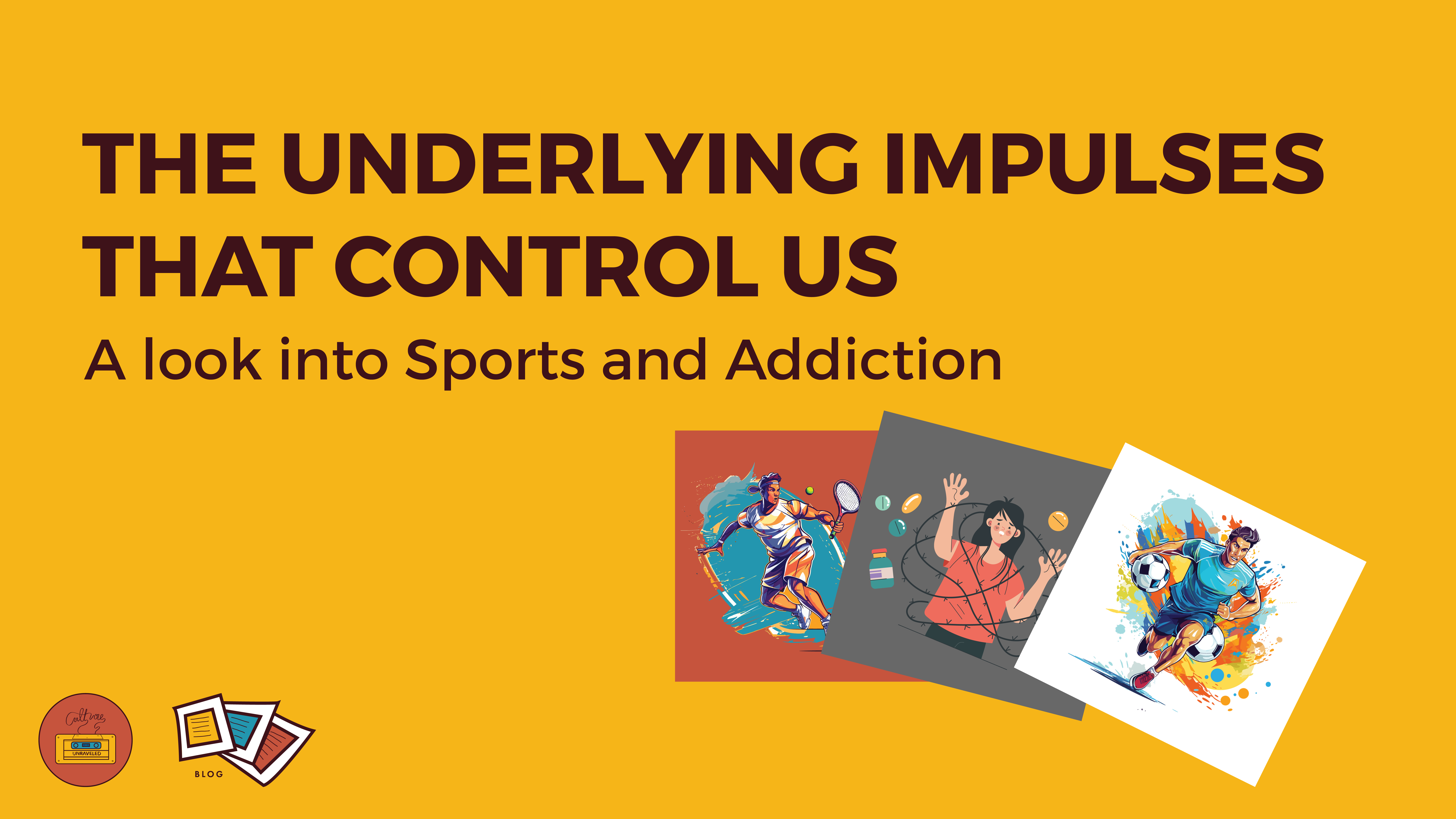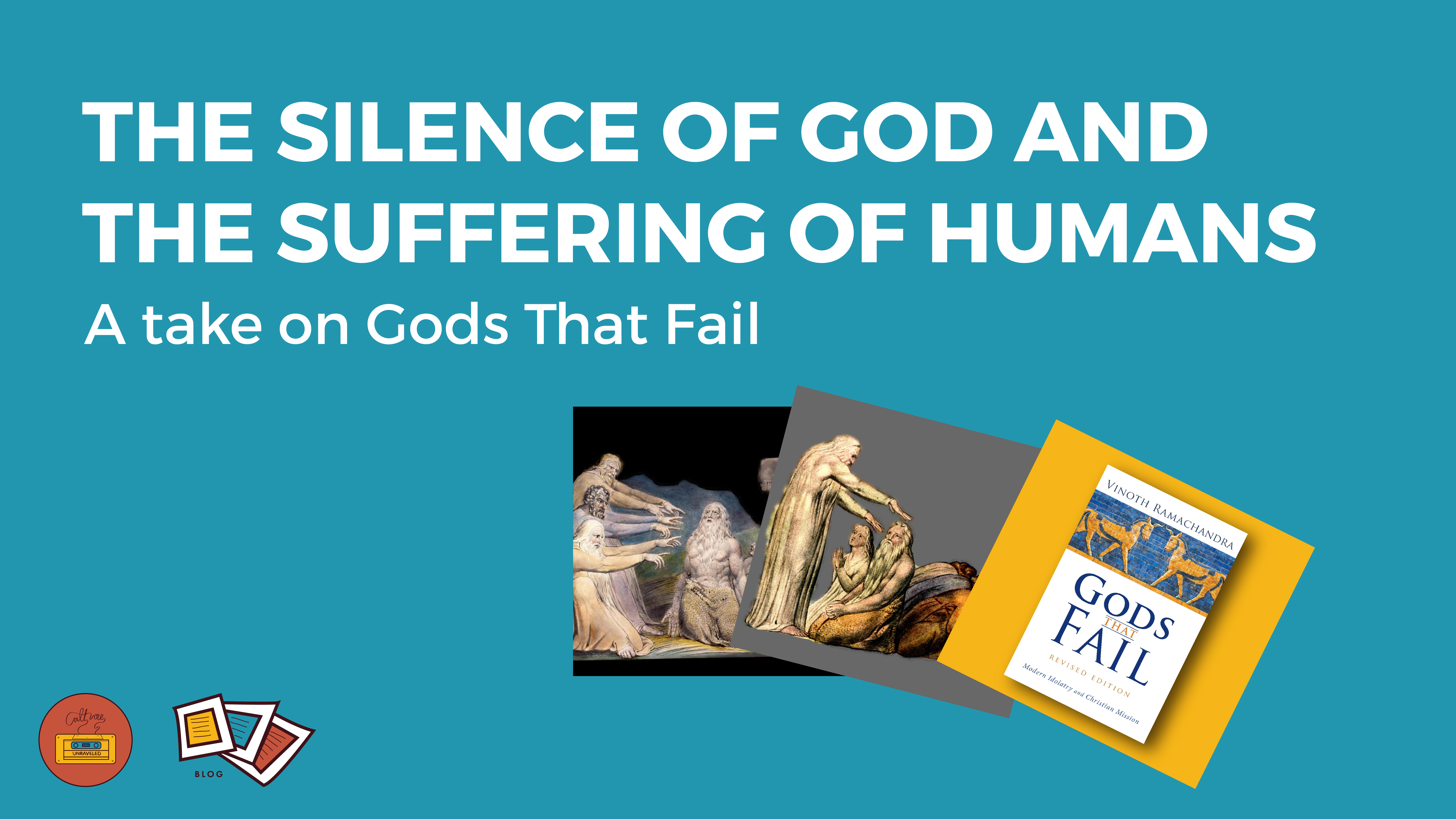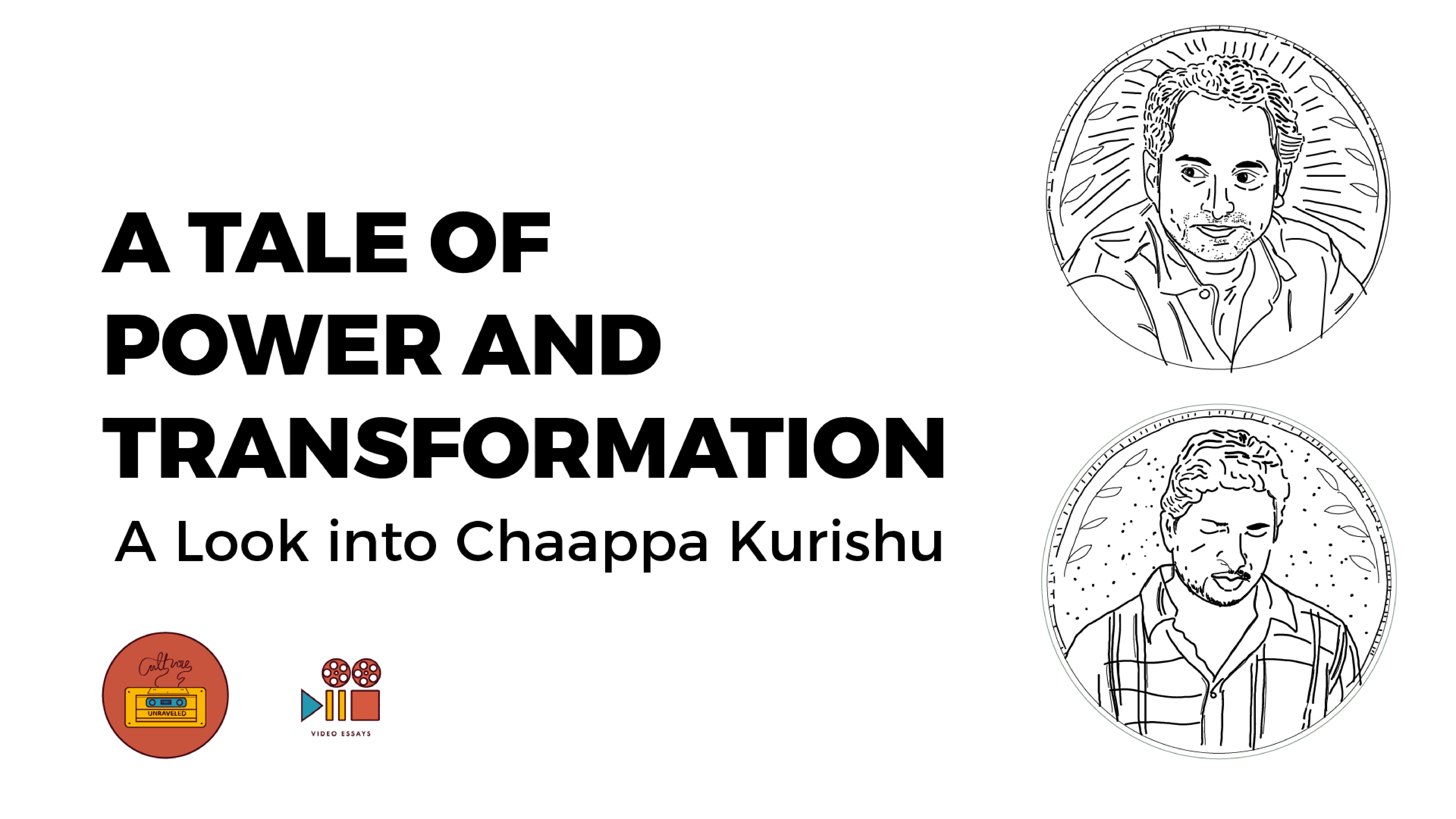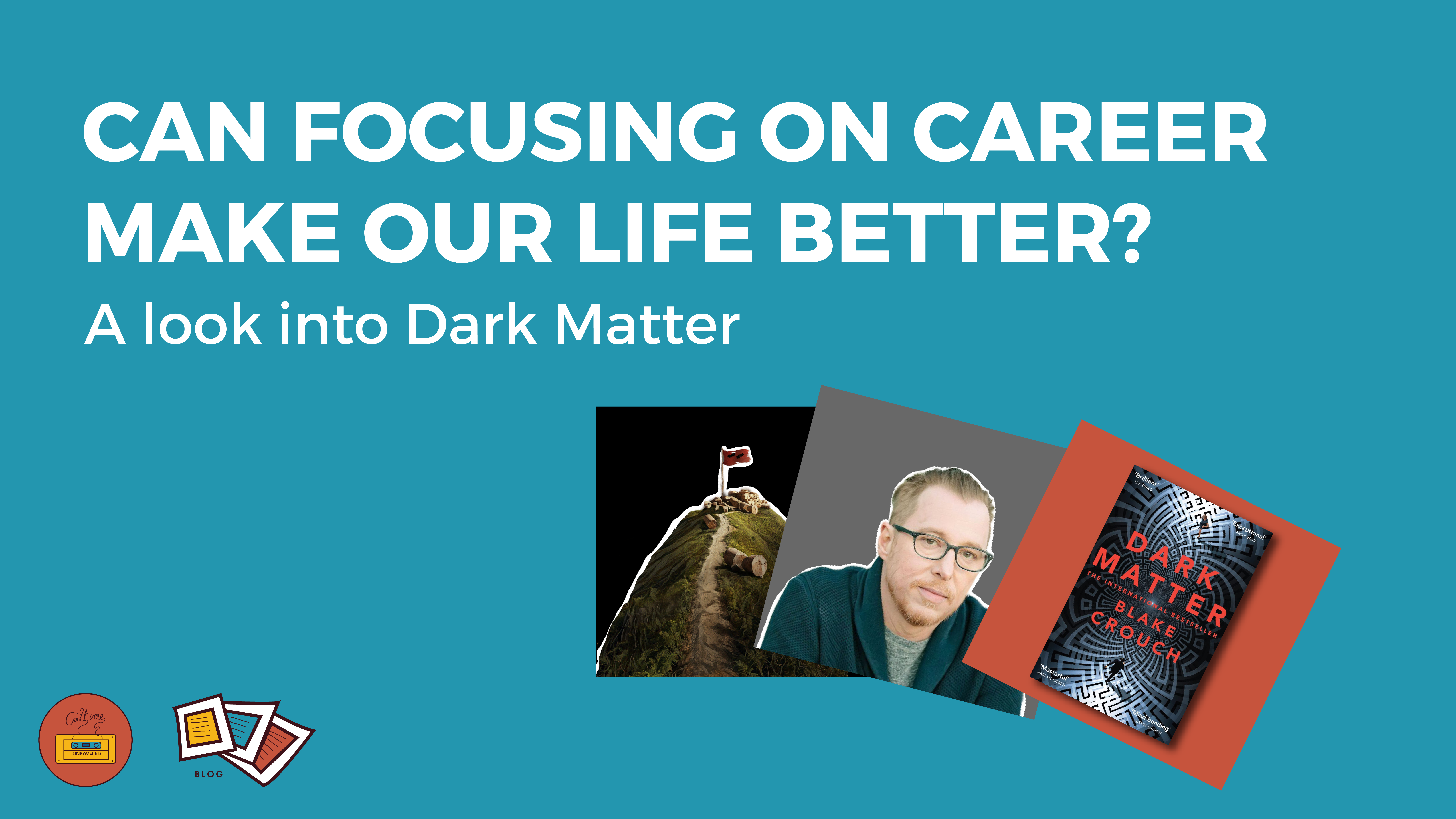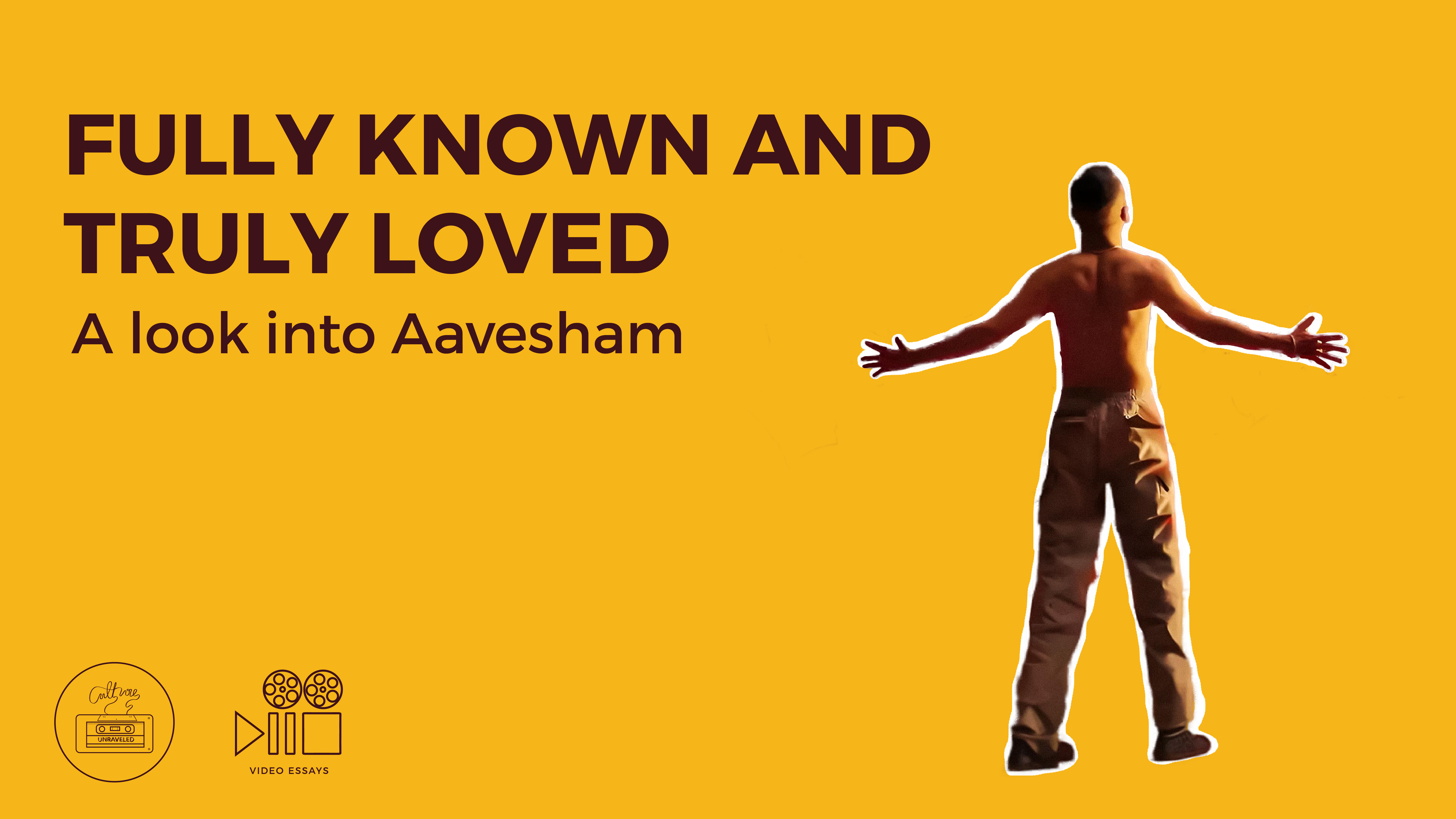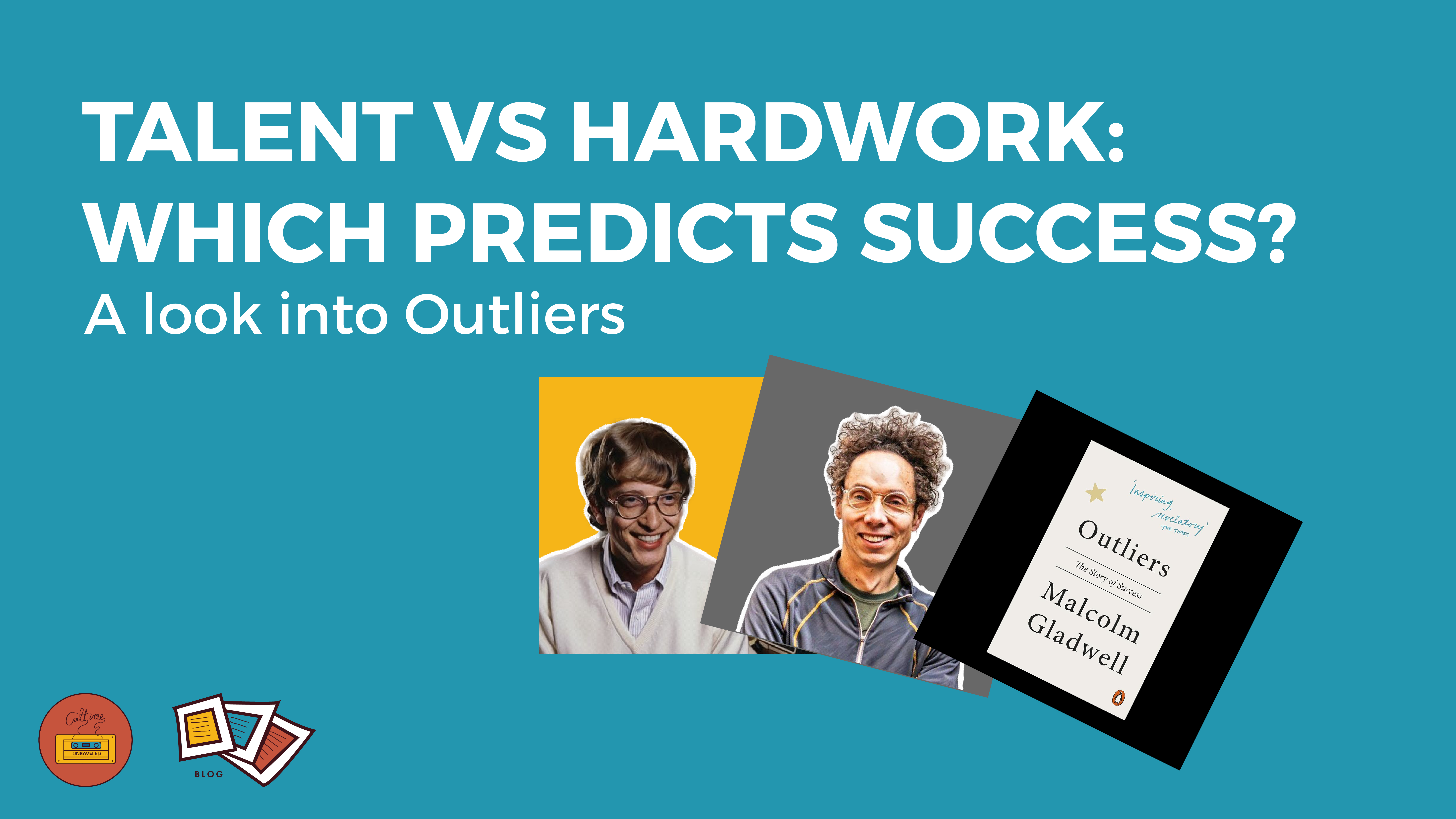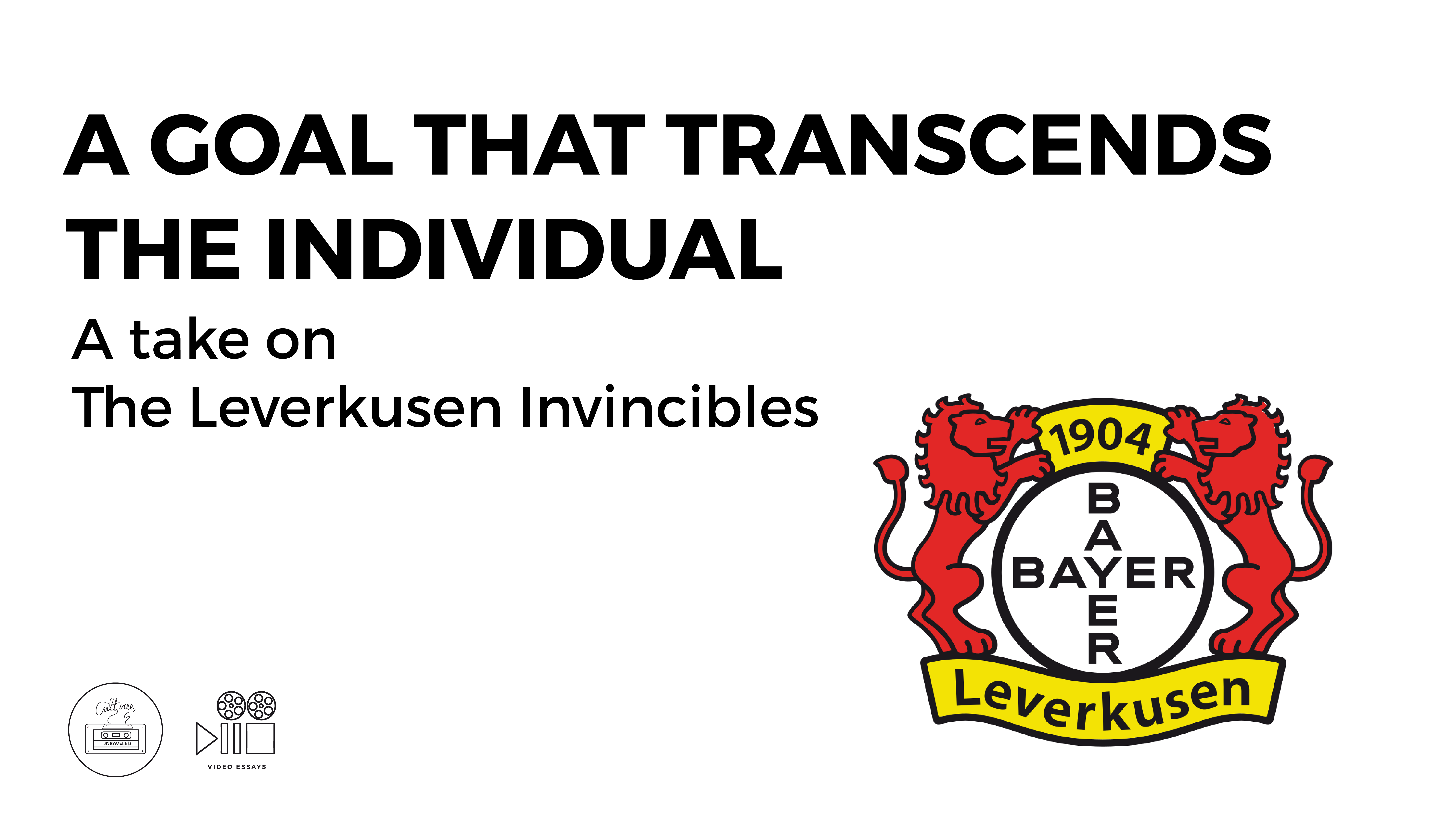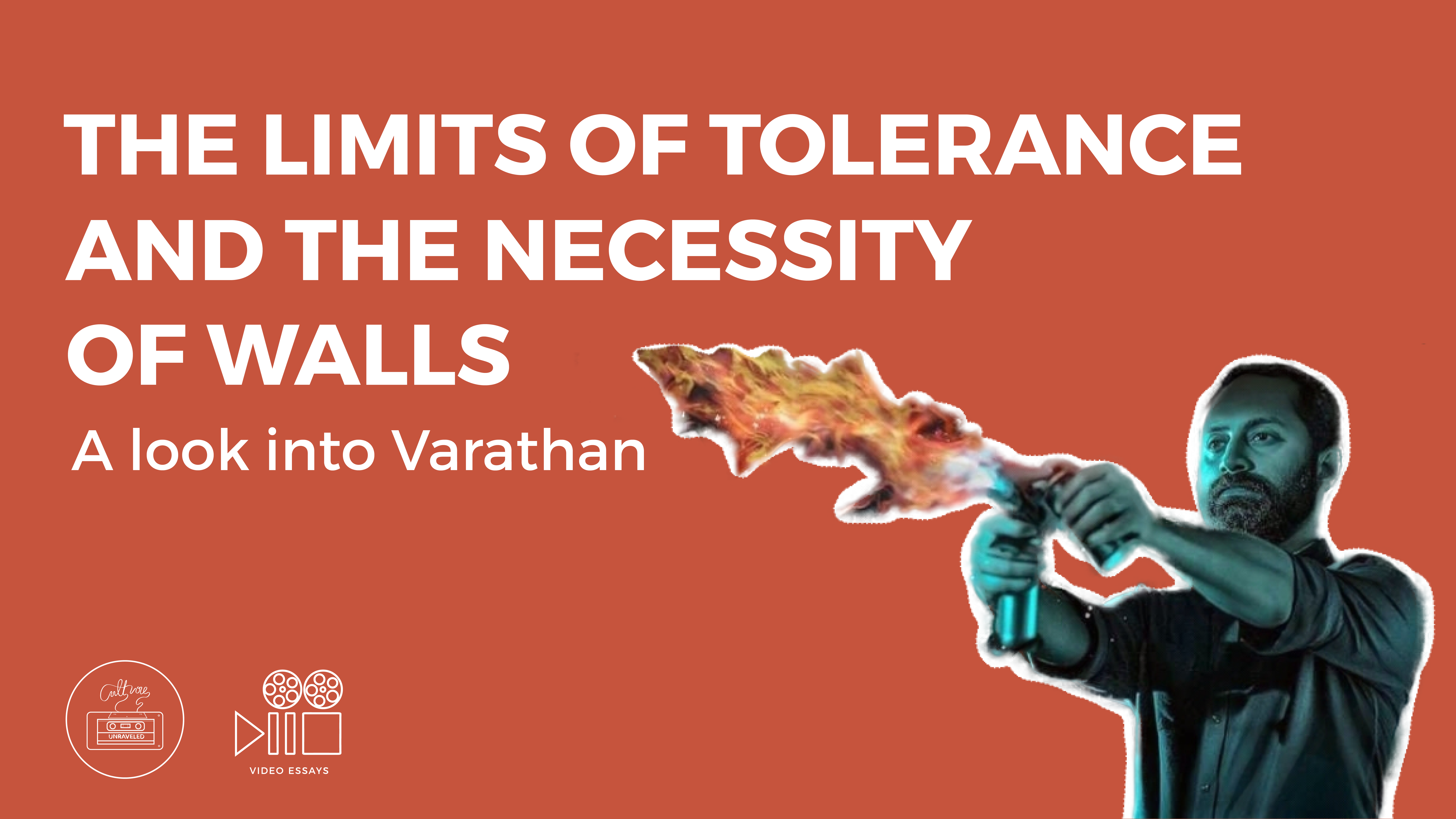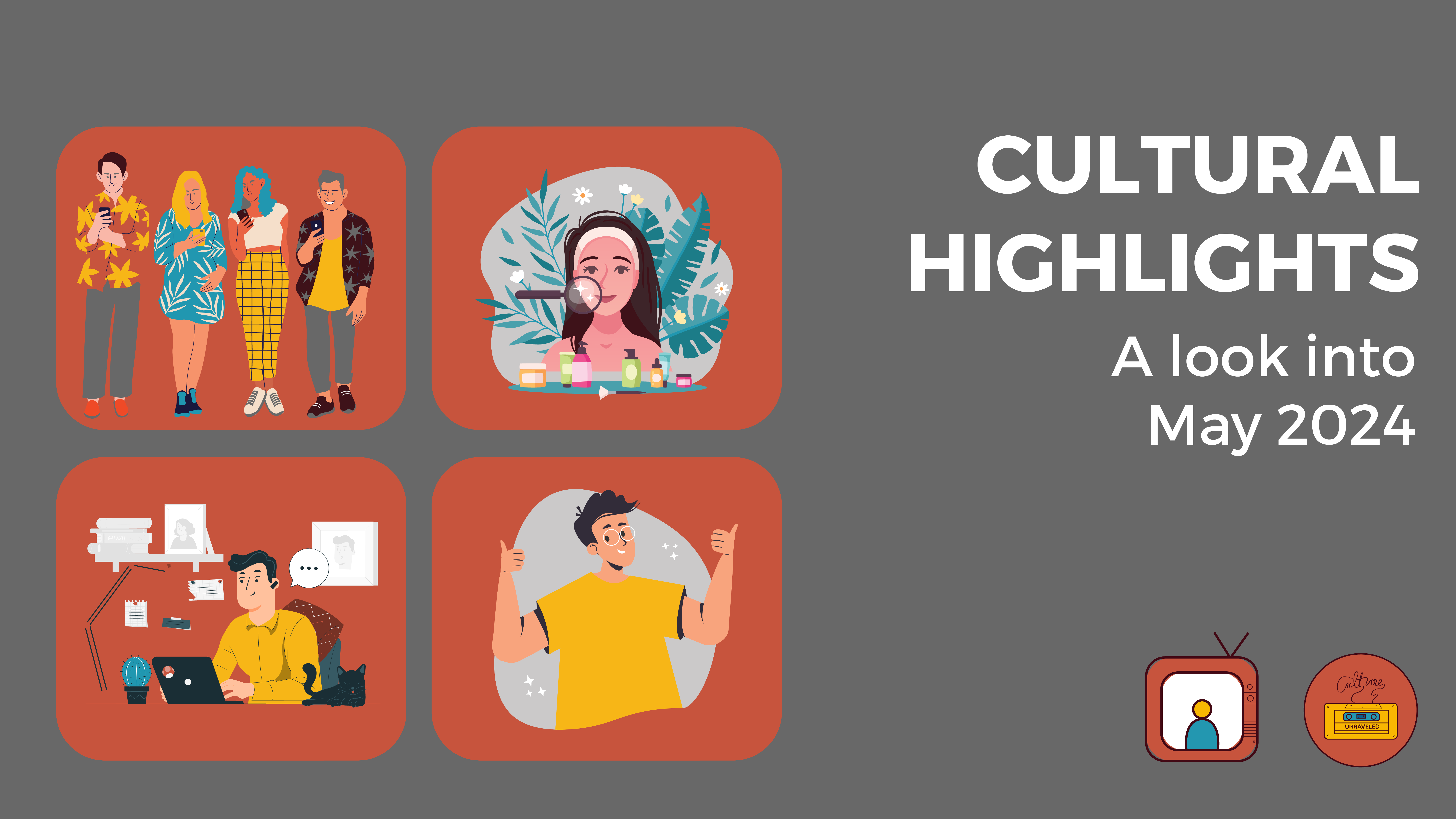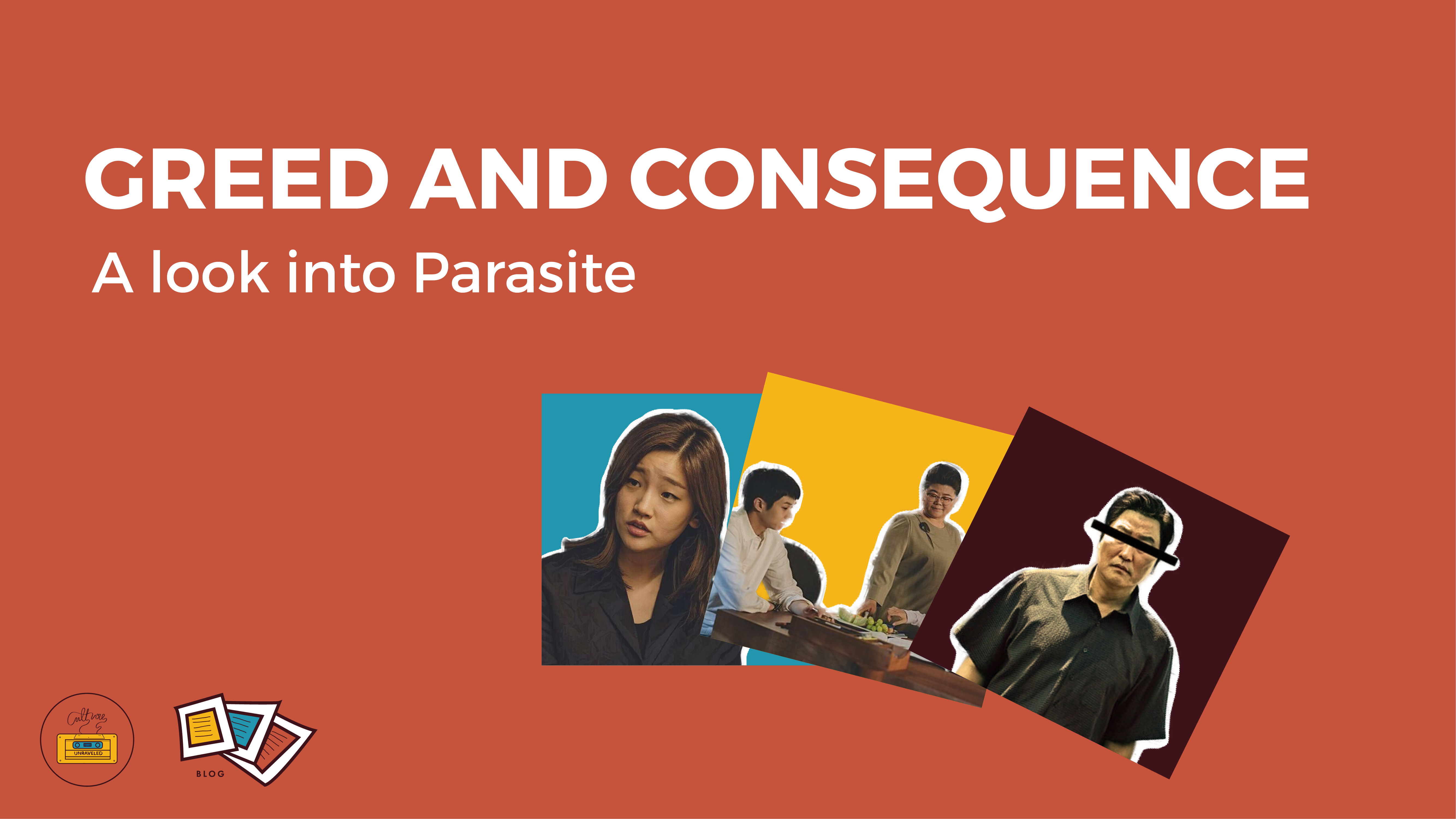
Greed is something that’s universal. In some way or the other, we’ve all felt it at some point in our lives. Maybe you can even recall the last time you did. But like most things, something that is inseparable from greed, is the consequence of it. We’ve all been told that greed is wrong, but sometimes the things we’re told are wrong, we accept with no further investigation, and even if greed is wrong, then understanding the reasoning behind why it’s wrong might help us avoid it with more clarity as to why we need to avoid it at all.
Bong Joon-ho’s masterpiece, “Parasite,” is more than just a captivating thriller, it delves into the intricacies of multiple themes like social inequality, class struggles and familial bonds & loyalty. But along with these, it also very accurately depicts the nature of greed and how & why it leads to certain consequences.
The film follows the Kim family, who live in poverty, and are struggling to climb out of it. But things slowly start to seem like they could in fact change when the son ‘Ki-Woo’ gets a job as a tutor for the daughter of the wealthy ‘Park’ family.
Once Ki-Woo is working for this family, things start to get better and he even gets paid very well. But this is where greed takes a hold of him and his family. Ki-Woo decides to tell the Park family that he knows of another really great tutor that could help their son. So he brings his sister in to pose as this ‘tutor’ and says he only knows her through a friend of a friend.
This is where the compounding and snowballing effect of greed is revealed. Once someone gets a taste of the temporary benefits of greed, their greed grows even stronger, and that’s exactly what happens to the Kim family. In no time, they figure out a way to get the mother and father both employed by the park family as a driver and cook, all under the lie that they don’t know each other. At this point they are completely consumed by greed.
Surely enough, their consequence arrives. They get entangled in this web of lies they’ve constructed and it leads to a series of escalating events that ends in brutal violence, their lives and homes being destroyed and even death.
Although on a larger scale, the film displays a perfect example of the direct consequences of greed, what it reveals more profoundly is WHY greed is considered wrong. It’s not merely the greed that leads to these consequences but what lies behind the greed, which is a need or insecurity.
In the case of the Kim family, their need and insecurity lies in their social and financial status. So their need is valid but it manifests in the form of greed. But just because it’s a valid need doesn’t mean it warrants greed, because as the film shows us, greed as a method of fulfilling those needs or overcoming those insecurities isn’t sustainable or permanent. Green enables us to avoid the real problem rather than facing it head on.
As mentioned before, we’ve all experienced greed in our lives, and in some form, we are likely to experience it again, so when we do we can attempt to take time to understand what insecurity or need is underlying this greed and truly think about the consequences that may result. But more importantly, once we understand the needs and insecurities beneath the greed, we can then decide on what sustainable and fulfilling ways we can approach them, so that we can genuinely overcome them and as a byproduct; avoid greed.
_________________________________________
Written by Ben Joshua

